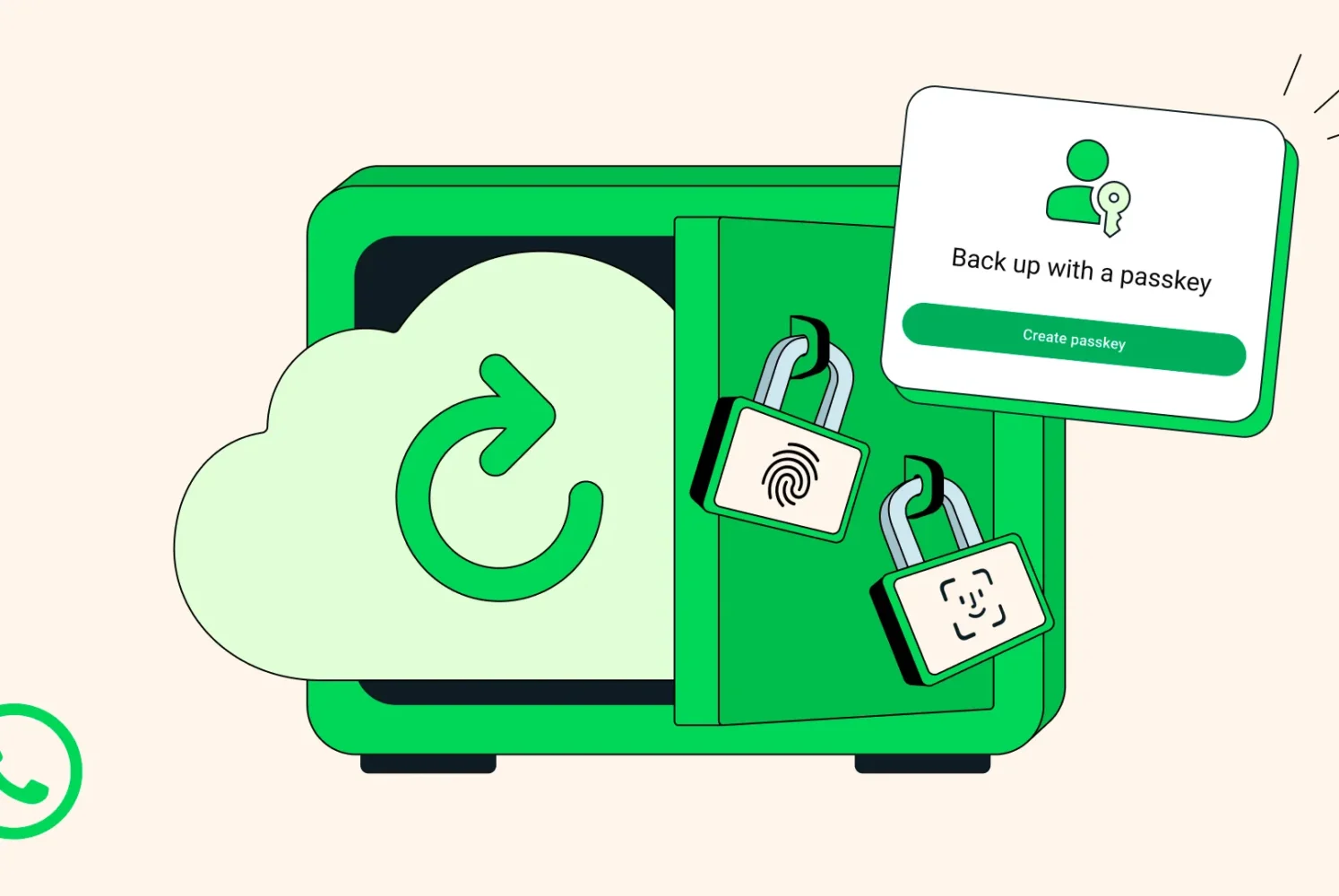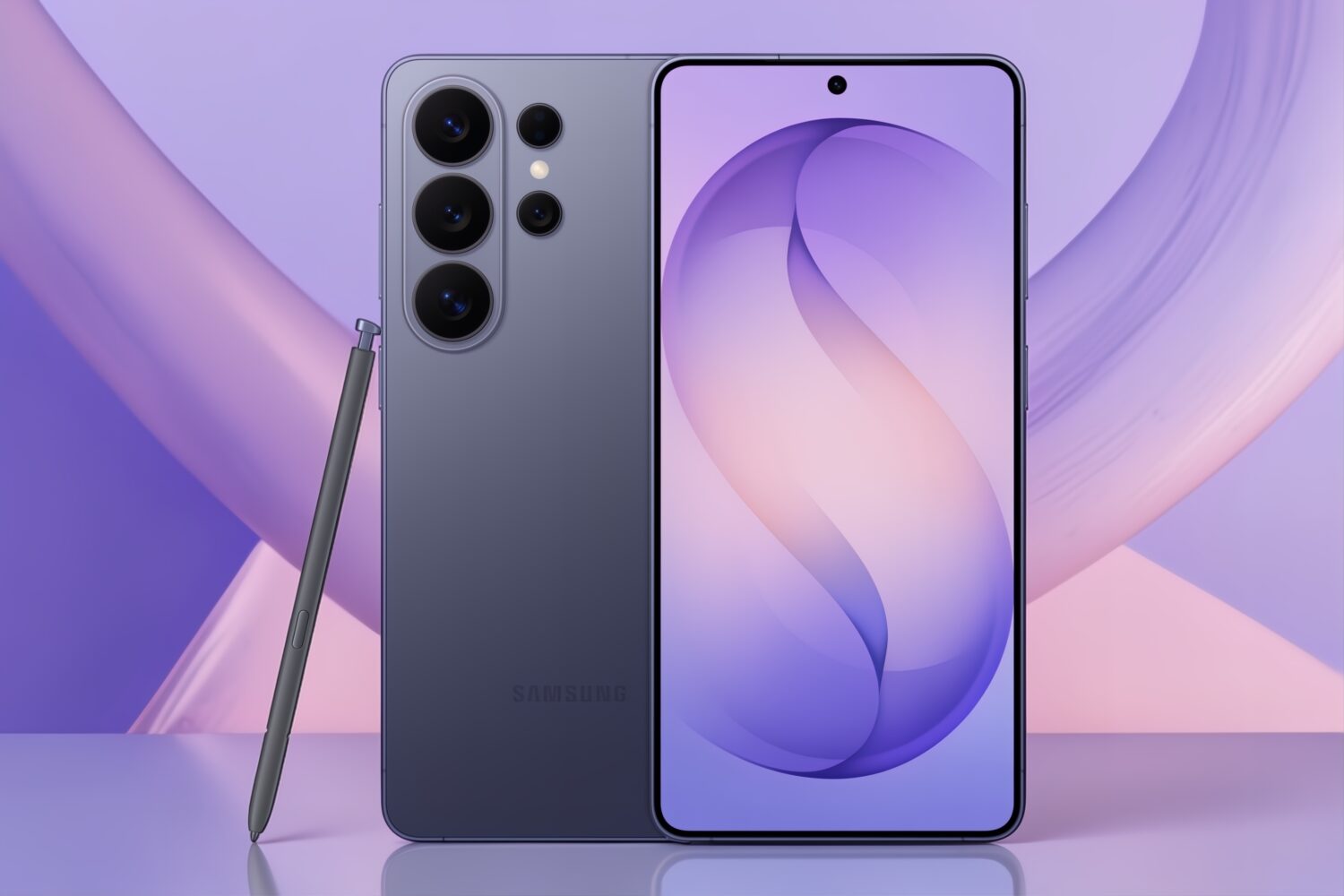WhatsApp has begun rolling out passkey support for backups, extending its use of password-free authentication to one of the few remaining areas of the app that still relied on traditional passwords. Until now, users could unlock their live chats with passkeys but needed a separate password to access encrypted backups. The new feature aligns backup access with the platform’s broader security model, simplifying logins while improving protection for stored data.
Passkeys use biometric authentication methods such as Face ID, fingerprint recognition, or device PINs, offering an alternative to manually entered passwords. This approach makes unauthorized access significantly harder while reducing the risk of weak or reused passwords compromising data security. With the change, WhatsApp’s end-to-end encryption now covers both active messages and their backups, secured by the same biometric-based system.
The update is rolling out gradually and may take several weeks to reach all users. Once available, it can be enabled through the app’s Settings menu. When activated, passkeys will protect backups that include chats, images, voice notes, and other stored media, ensuring that recovery or migration to a new device is both safer and more seamless.
This shift also reflects a broader industry movement away from traditional passwords toward hardware-bound authentication systems supported by companies like Apple, Google, and Microsoft. By integrating passkeys into its backup system, WhatsApp—owned by Meta—is aligning with the emerging standard for digital identity and account security.
For long-time WhatsApp users, especially those who rely on cloud backups to preserve years of conversations, the change offers an added layer of peace of mind. As passkey adoption spreads across major platforms, the move underscores a growing consensus: the password’s long reign as a security staple is coming to an end.







